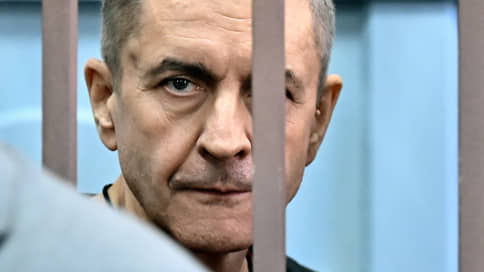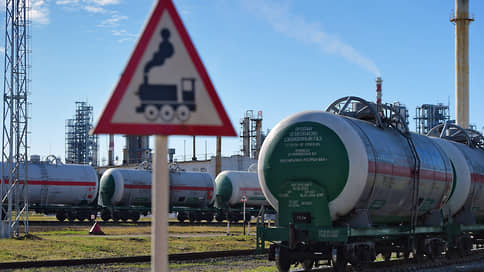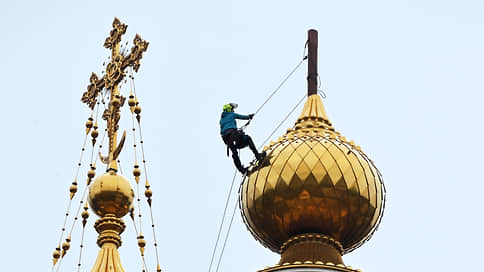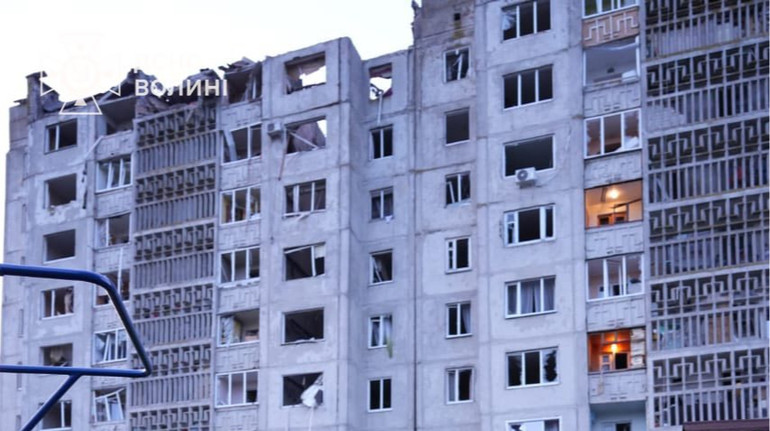Contracting production of electronics lure vendors to their sites
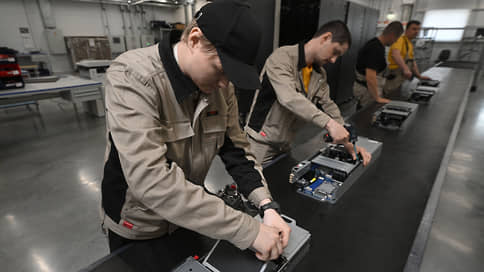
In Russia, the number of contracted electronics has increased, which underestimate the total cost of production by 20-30%. In this regard, brands of equipment that have their own enterprises are loaded by less than 50%, market participants say, some of them themselves began to give production to the contract. Experts warn that for three years, companies with their own plants will completely switch to the order model in contract production, especially since they still need to compete not only with domestic enterprises, but also with foreign ones.
In the past two years, about three dozen contracts of electronics (servers, data storage systems (SCDs), computers, etc.) have opened in Russia, the interlocutor in the electronics market told Kommersant. According to him, companies that have their own brand and own production in the Russian Federation cannot compete with contract industries, and their capacities are loaded by less than 50%. “Due to the new players, prices in the market of contract production are falling,” he says, adding that placing an order for contract production with a company with his brand (for example, Aquarius or Yadro) is more expensive.
According to the Association of Developers and manufacturers of ARPE electronics (included Silicon-El, T1, etc.), now in the Russian Federation about 20 contracts for electronics, and about 50 more companies are combining the grocery business and service of contract production.
Prices for contract production in Russia are formed due to the growing competition between manufacturers, says Anton Gromov, vice president of Rikor (have their own contract capacities). Against this background, the cost of placing an order in contract production in the Russian Federation over the past year decreased by 20-30%, he confirms. “For this reason, over the past six months, Rikor has increased the power of contract lines.”
At the beginning of the year « Kommersant » He wrotethat in Russia only 20% of the capacities for the production of smartphones are loaded. Against this background plans to introduce Forward contracts for Russian electronics.
The cost of production at enterprises in large vendors will be higher due to a wider range of services provided, which require additional investments in equipment and its maintenance, says one of Kommersant’s interlocutors among contract manufacturers of electronics. At the same time, many Russian brands with their own plants in the Russian Federation place an order for the assembly of their products in third -party contract production, Kommersant’s source in the electronics market adds, including the capacity of the Yadro company (part of X Holding). The Aquarius and Yadro refused to comment.
However, says Dmitry Fomichev, CEO of the Central Executive Committee (part of GS Group), at the moment not a single Russian site has been equal to prices with Chinese contract industries. “Now competition is not between contract venues, but between domestic and foreign, and while we are losing in this battle,” he recalls.
The main reason for the underloading of existing capacities is seasonality: the load is distributed approximately in the ratio of 10-20-20-50% in quarters, says the representative of the FPlus electronics manufacturer.
“Large manufacturers have not yet been able to attract third-party customers to their lines sufficiently,” he says, adding that FPlus himself at a SMT installation (printed circuit boards.- “Kommersant”) can turn to about 40 contract production.
Production enterprises of Russian brands in the field of electronics are unevenly loaded during the year: the first half of the year accounts for a quarter of the entire annual load and three quarters – for the second half of the year, the founder of the media. Holding and the chairman of the board of directors of Communigate Pro, Alexander Kalinin, agrees. According to him, in this regard, the first six months, Russian plants are idle. “Contract proceedings are more flexible, they produce equipment more evenly, respectively, have less costs and can offer lower prices,” he explains. According to Mr. Kalinin, the Russian market will come to the use of contract production, and not the construction of its own capacities.
According to Kommersant’s interlocutor, among electronics manufacturers, in the future of three years, companies with a “low margin of safety” may close: “Then pricing in contract industries can normalize.”

